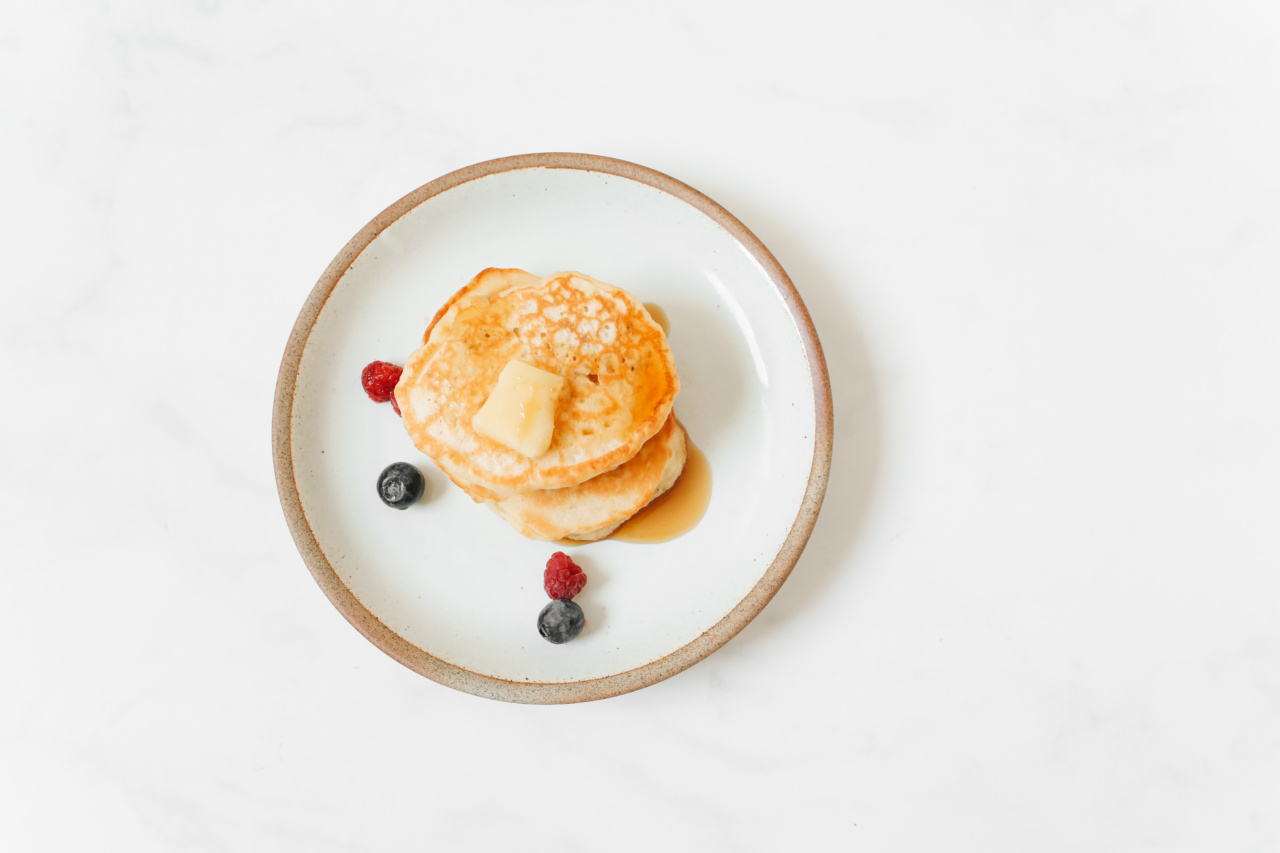Many people enjoy the rich and creamy goodness of peanut butter, whether spread on a sandwich, added to a smoothie, or indulged straight from the jar.
Apart from its delicious taste, peanut butter is also a great source of essential nutrients, such as healthy fats, protein, fiber, and various vitamins and minerals. However, due to its high fat content, peanut butter is also relatively high in calories. In this article, we will explore the calorie count of peanut butter, its nutritional composition, and how it can fit into a balanced diet.
What are calories?
Before delving into the calorie count of peanut butter, it’s essential to understand what calories are. Calories are a unit of measurement used to quantify the energy content of foods and beverages.
When we consume food, our bodies utilize the energy stored in the form of calories to perform various bodily functions, such as breathing, digesting food, and physical activity.
Calories in peanut butter
Peanut butter is a calorie-dense food, primarily due to its high fat content. A 2-tablespoon (32-gram) serving of peanut butter contains approximately 190-210 calories.
However, the exact calorie count may vary slightly depending on the brand and variety of peanut butter. It’s important to note that this calorie count applies to regular, unsweetened, and unsalted peanut butter. Flavored or sweetened varieties may contain additional ingredients that can slightly increase the calorie content.
Nutritional composition of peanut butter
In addition to calories, peanut butter is also packed with essential nutrients that contribute to overall health and wellbeing. Here’s a breakdown of the nutritional composition of peanut butter:.
Fat: Peanut butter is predominantly composed of healthy fats, including monounsaturated and polyunsaturated fats. These fats are beneficial for heart health and provide a feeling of satiety.
Protein: Peanut butter is a significant source of plant-based protein. A 2-tablespoon serving generally contains around 8 grams of protein, making it an excellent option for individuals following a vegetarian or vegan diet.
Fiber: With approximately 2 grams of dietary fiber per serving, peanut butter contributes to a healthy digestive system and helps maintain stable blood sugar levels.
Vitamins and minerals: Peanut butter contains various vitamins and minerals, including vitamin E, magnesium, potassium, and B vitamins.
These play crucial roles in supporting various bodily functions, such as immunity, energy production, and muscle function.
Including peanut butter in a balanced diet
While peanut butter is nutrient-dense, it’s important to consume it in moderation as part of a balanced diet.
Being a high-calorie food, consuming excessive amounts of peanut butter without accounting for its calorie content may lead to weight gain over time. Incorporating peanut butter in reasonable portions along with other nutrient-rich foods, such as fruits, vegetables, whole grains, and lean proteins, allows for a more balanced and wholesome diet.
One popular way to enjoy the goodness of peanut butter without going overboard on calories is to pair it with whole grain bread or crackers and adding some banana slices for a balanced snack.
Another option is to add a spoonful of peanut butter to a smoothie or use it as a base for healthy energy balls or homemade granola bars. These strategies help control portion sizes while still reaping the benefits of peanut butter’s nutritional value.
Conclusion
Peanut butter is a delicious and nutritious spread, rich in healthy fats, protein, fiber, vitamins, and minerals. While it provides numerous benefits, it is essential to be mindful of its high-calorie content.
Moderation and portion control are key when incorporating peanut butter into a balanced diet. By doing so, you can relish the taste while reaping the health benefits it offers.




























